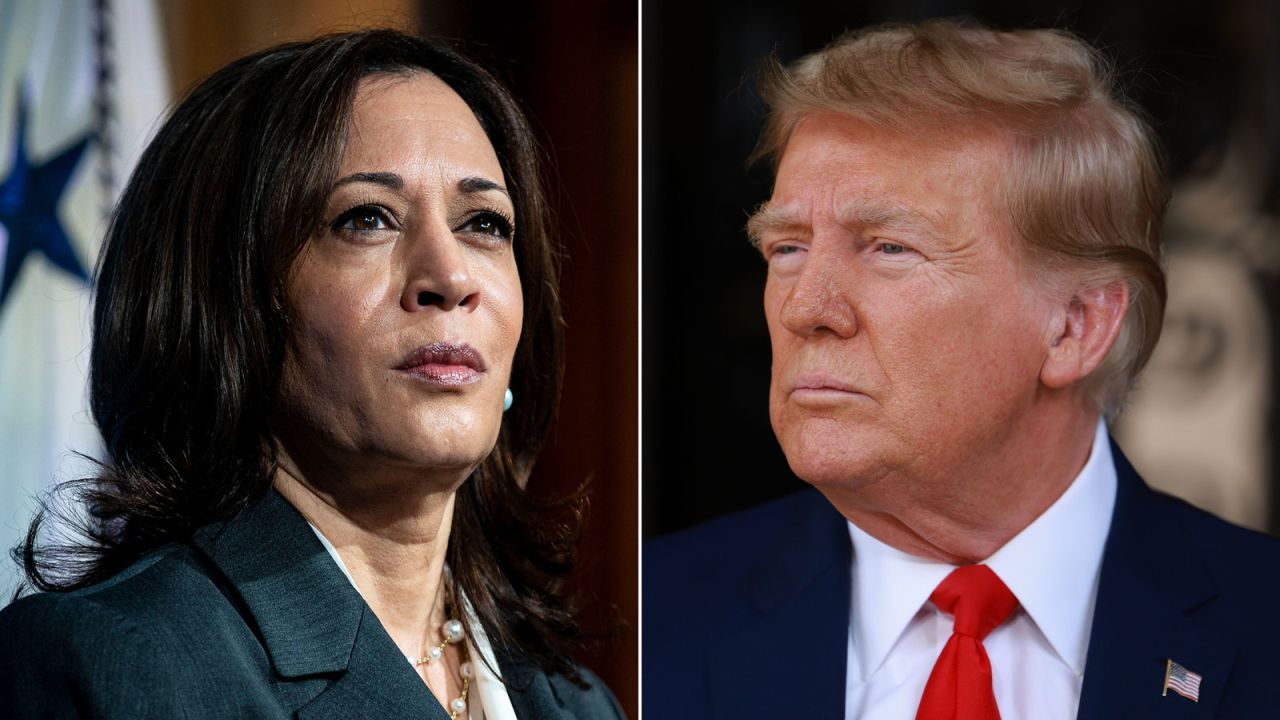Evangelicals remain a critical voting bloc, with this portion of the Christian vote commanding much attention in the media and political circles.
With just over a month until the 2024 presidential election, the majority of likely evangelical voters (61%) are voicing support for Republican presidential candidate Donald Trump, according to Lifeway Research.
Just 31% of evangelicals have voiced support for his Democratic rival, Vice President Kamala Harris. Meanwhile, 5% are undecided, and 3% plan to vote for another candidate.
For clarity, Lifeway Research uses a list of evangelical beliefs to assess whether someone fits that label. Respondents are given four statements and asked how much they agree with each.
If they agree with all four, these individuals are then considered evangelicals.
The statements are as follows: “The Bible is the highest authority for what I believe,” “It is very important for me personally to encourage non-Christians to trust Jesus Christ as their Savior,” “Jesus Christ’s death on the cross is the only sacrifice that could remove the penalty of my sin,” and “Only those who trust in Jesus Christ alone as their Savior receive God’s free gift of eternal salvation.”
Things change a bit when assessing “churchgoing Christian likely voters,” with Lifeway noting Trump still holds a lead among these self-identified Christians, but it’s much smaller.
While 49% would choose the former president, 41% plan to vote for Harris, 6% are undecided, and 4% will select another candidate.
Circling back to evangelicals, Scott McConnell, executive director of Lifeway Research, said their beliefs are naturally “theological in nature,” though differences among them persist.
“Biblical views can influence what a person wants for society and what they think is the best way to get there, but choosing a presidential candidate is not something all people with evangelical beliefs agree on,” he said. “More than a third have a different perspective from the majority.”
Comparing evangelicals’ beliefs in this cycle with those of the past also unveils some interesting findings. Trump led Democratic rival Hillary Clinton in 2016, but it was by a smaller margin of 45% versus 31%, with more evangelical voters (15%) stating they were undecided. For context, just 5% are undecided in 2024.
Trump’s lead this cycle is more similar to 2020, when he had 61% of evangelicals planning to vote for him before the election compared to just 29% opting for President Joe Biden.
The data was collected Aug. 14-30, 2024. Read the full results here.
Lifeway Research also polled the issue of election silence among preachers, finding many faith leaders reluctant to reveal who they plan to vote for in November. This issue is much more pronounced among preachers in 2024 than in the past, it seems, with 23% of pastors refusing to answer for whom they’ll cast a ballot, according to Lifeway Research.
For context, just 4% expressed the same reluctance in 2020, and just 3% fell into that bucket during the 2016 cycle. The shift in willingness to openly discuss these matters is notable, Faithwire reports.
Last modified: September 28, 2024






